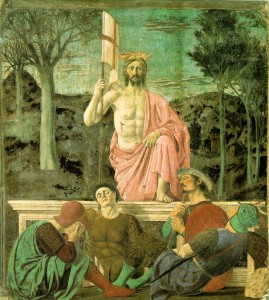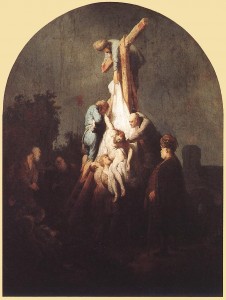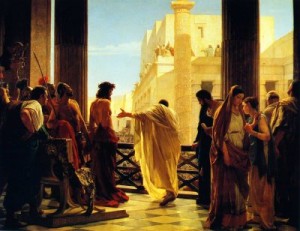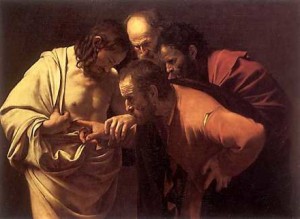
The Now and Not Yet of the Kingdom
Instead, seek his kingdom, and these things will be added to you. Fear not, little flock, for it is your Father’s good pleasure to give you the kingdom.
Luke 12:31-32 ESV
The Kingdom of God is the presence of the future–a foretaste of heaven. It is a foretaste–an advance sample–of what life will be like when dwelling in God’s exquisite presence in heaven. The kingdom is the inbreaking of heaven: the dynamic rule and reign of God has come and presently is touching the earth. All that heaven will be–freedom from sickness, deliverance from oppression, joy in forgiveness, etc.–experienced now in Christ Jesus. The Kingdom has come in Christ and is advancing throughout the world; however, the Kingdom will not be completely established until the Second Coming of Christ.
Presently, the kingdom of God spiritually reigns in the hearts of those who have made Christ Lord of their lives and is manifested in and through them by the Holy Spirit’s presence, preaching of the Gospel, healing of the sick, and release from demonic bondage, etc. (Luke 4:16-20, 43). The Kingdom of God advances by conquering men and women’s hearts through the power of the Cross: the Holy Spirit changes us from self-centered slobs to Christ-centered servants (John 3:3, 2 Cor. 5:14-15). In the future, the Kingdom of God will be firmly established on earth upon the visible return of Christ.
We celebrate our feasts with joy, because we have a foretaste of a future world in which we may discard all that is temporal and earthly, and in which the Lord himself is everything.
Christoph Friedrich Blumhardt, Jesus Is Victor, Keep Your Feasts with Joy (Breakfast with Blumhardt, Daily Email Devotion), May 3, 2005; available from http://www.blumhardts.com/.
When Jesus spoke of the kingdom of God he was not referring to the general sovereignty of God over nature and history, but to that specific rule over his own people which he himself had inaugurated, and which begins in anybody’s life when he humbles himself, repents, believes, submits and is born again. God’s kingdom is Jesus Christ ruling over his people in total blessing and total demand.
To ‘seek first’ this kingdom is to desire as of first importance the spread of the reign of Jesus Christ. Such a desire will start with ourselves, until every single department of our life — home, marriage and family, personal morality, professional life and business ethics, bank balance, tax returns, lifestyle, citizenship — is joyfully and freely submissive to Christ. It will continue in our immediate environment, with the acceptance of evangelistic responsibility towards our relatives, colleagues, neighbors and friends. And it will also reach out in global concern for the missionary witness of the church.
John Stott, The Message of the Sermon on the Mount, The Bible Speaks Today Series (Leicester and Downers Grove: IVP, 1978), 170.









